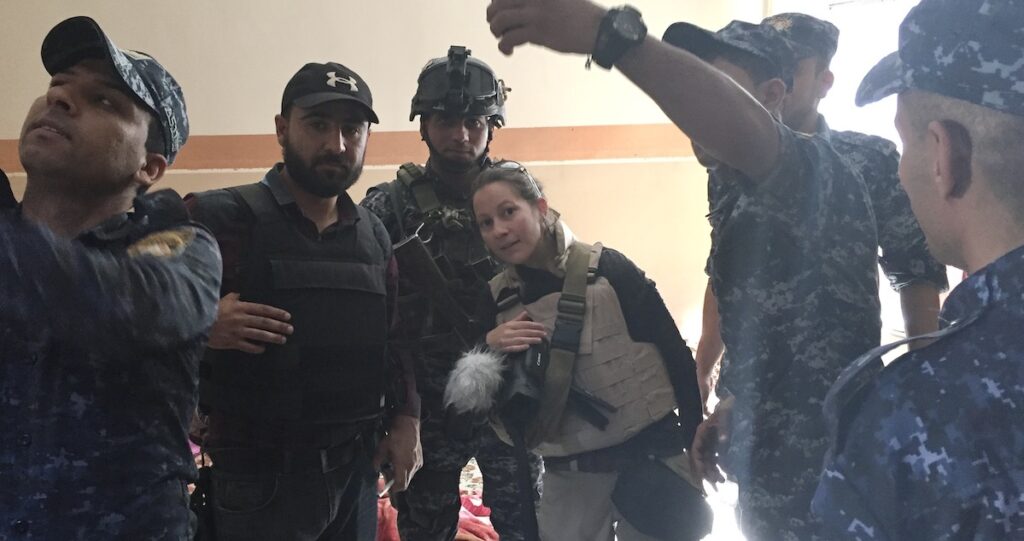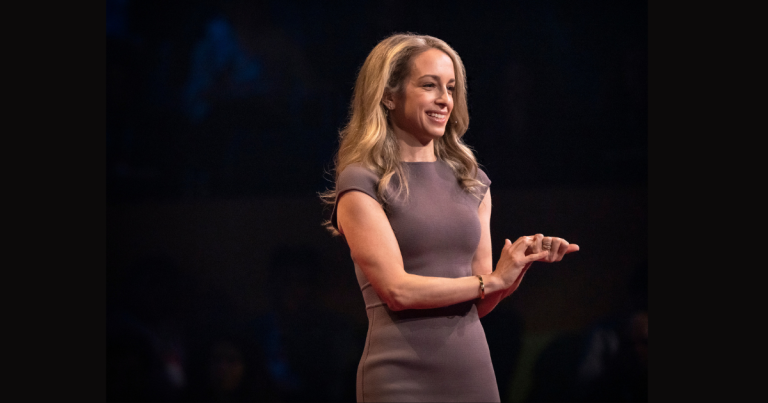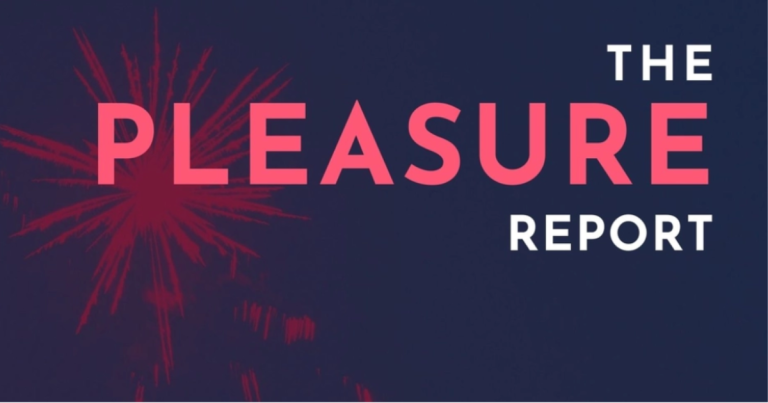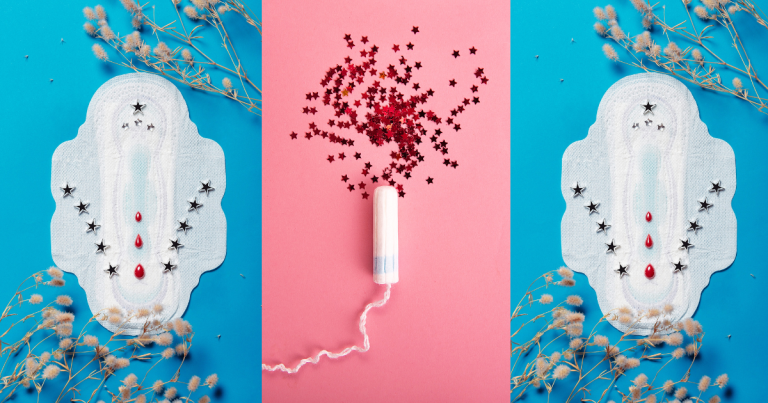“I think maybe I have always wanted to feel some way like a woman … I hate being so wise and careful, so reliable, so denatured, so able to get on … war is the greatest folly of all and it permits the participants to throw away all the working paraphernalia of life, and be fools too.”
Martha Gellhorn,
In a letter to her then husband, Ernest Hemingway, 1943
The following is a modified excerpt from war correspondent, Ash Gallagher’s Reckoning in the Rubble, My Awakening at the Battle for Mosul

“You’re very well drawn,” he said, smirking and propped up on one elbow on my bed.
I had slinked away to check the time on my phone across the room. It was midday, my birthday had come and gone, and the battle for Mosul was still raging.
I stood there, naked, lazily turned my head and smiled.
“Well drawn, I like that, thank you. I need to feel like a woman sometimes.”
It was a poetic compliment. He did have a sweet side to him. Oh sure, he was an asshole and most of the time, he owned it. He enjoyed every conversation as if it were a battle of wits and you were already a loser. But he made up for it in aesthetic ways. He carried a mystery behind his steady gaze, and he appreciated the arts, all in a very Euro-romantic sort of way. And in the last days, near the end of Mosul’s battle in northern Iraq, we’d found ourselves tussling in a particularly animalistic fervor.
It had started the night before, when friends came over for my birthday barbecue. We assembled on the rooftop, under a warm breeze in the desert’s evening heat, smack in the middle of July. We smelled of sweat and dust. We drank and laughed under the stars, away from the highways and the bustle. I bounded down the stairs to grab another drink. He followed me, came up behind and cornered me in the refrigerator door.
“So, can I kiss you?” he asked.
“You want to kiss me?”
I wasn’t surprised, but I was pleased he’d asked me.
“I can tell you’re hungry. I like it when a woman is hungry for it.”
“Oh?”
I laughed and raised my brow to invite him closer. It was a tease.
Slowly, he backed me up onto the wall, as he gently moved my hair off my neck and leaned in. Our kiss was quick; I was aware of movement upstairs.
“C’mon later,” I breathed.
We went back up to join everyone else.
When they all finally left, we dropped down to the green turf rug hastily laid out on the cement. Looking at the dark sky, we talked of war and the grueling demands of our job. And then, he pulled out poetry.
Romance in his eyes, Palestinian origin, he had a gruff beard, round shaped jawline, and a deep inflection in his accent. He was handsome, but not tall, academically brilliant and musically inclined. He pulled from his favorite Arab poet. He translated the words flawlessly in real time, as he read to me.
I propped myself up on my elbow and told him, “Read it in Arabic, I want to hear it.”
He blushed. And he did. I laid back, closed my eyes and listened. Ah, it was beautiful. The words flowed off the page and it didn’t matter if I didn’t know the words. In that moment, I was lying under the stars on a rooftop in the high desert of Iraq. The energy of the language was all that mattered and it took me away from the filth of a war-torn day.
It was a smooth way to transition the conversation from hell to a sweet disposition. We moved to my bedroom and stripped each other slowly. Then a little faster. He was gracious—I was on my period. It was awkward, but he didn’t care. I appreciated his sensitivity and realism.
For the next four days, it was war by day, stripped naked by night.
Sometimes it’s just like that and there’s nothing more. Any thoughts of a relationship afterward were ridiculous and not in the cards to begin with, so we enjoyed it while we could.
It wasn’t as if he was the only lover I kept.
Wartime lovers were an escape, a moment in time and space where we paused to connect with someone who could take our heads out of the game and transcend into a different one. One where we could grapple for connection even though the only thread tying us together was a destructive office space.
Certainly, the lovers I chose were ones who manifested some tolerance for my feisty expressionism. Our mutual attraction filled a momentary need.
Wartime lovers were very often the perfect fix.
Though, it is true: some of the most endearing couples came out of Mosul and navigated their way into something beautiful. Of all my friends from the group, only three couples stayed together. Somehow, they made it work, coexisting in each other’s space every day. They are the rare ones. But they were not the majority.
For most of us, sex was a vice, along with alcohol and cigarettes. It was a bond that began with dodging bullets and mortars. The connection lingered in laughter over smoking shisha, the stench of cheap garlic and fried food after a hard day’s work. The rowdy crew of journalists clamored at two different bars with our fixers, friends and even enemies. We made terrible jokes about the dead, sipped on beer and spirits, slithered back to our rugged houses, hotels and holes, where thinly layered walls let the neighbors know: someone was getting laid.
It was a temporary connection. An eye across the table, pretending no one knew who we were leaving with and tagging along in someone’s car we didn’t arrive in, but those were the nights when often a little connection was needed most.
There was another lover I fondly remember. We lasted a few months while he traveled in and out of Iraq. He was there as a security and military trainer. Tall, blond, Danish accent, rough around the edges, looking for deeper meaning, wealthy and yet still preferred the gruff trenches of war zones, over his comfortable living at home.
We’d been eyeing each other through battlefield medical training. He was giving us a refresher course on treating open chest wounds, tourniquet application, you know, that sort of thing. Afterward, at a long table of beers and cheap food with everyone, our body language was undeniable. We waited until everyone else left and then made our way back to the hotel where I’d been living.
The whole affair was straightforward.
He peered at me curiously, laid on the bed and said, “So Ash from America?”
“Mm, yes?” I responded.
We didn’t talk after that. It was raw. There were bumps and turns on a twin bed, too damn small for two people. We were in a hotel room two floors down from a hotel bar where the music always played a little too loudly.
Frankly, we suspected the owner of the bar was a madam with girls and entertainment for the rich and powerful. It wasn’t a comedy club anymore, even though the sign said otherwise. The who’s who of Kurdish Iraq were often seen coming into the bar, and younger girls were seen leaving it. It was a rag-tag kind of place where the freelance journalists who stayed there could get a monthly rate, but then when we left, there was always trouble from the owner about how much more she wanted in exchange.
On that night, in particular, it was a one night stand—hot, sexy and awkward all at once. By the time he returned a few weeks later, I’d moved into a communal house with other journalists. Most of the rooms contained prison-like cot beds but I refused to sleep on the creaking squeaking piece of metal, so I went down to the Souk [the market], bought extra mattresses, shipping pallets, a rug and more blankets for the cold winter. When the government electricity went out, our neighborhood generator couldn’t handle our space heaters and so we learned to layer our clothes and sleep under thick blankets at night. I often wrote articles bundled up with only my eyes and fingers exposed. I took semi-warm showers in the communal bathroom, dashing back through the cold house to my room, only to layer up again.
When the tall military blond lover came back, we killed time during our boredom to talk about war and ravage the night on those ridiculous shipping pallets, loosely banging against the walls.
One night in our scrappy nakedness, we set one of the sheets on fire. The moans of sex had distracted us from a spark at the end of the bed. We descended into a fit of laughter and rushed to put it out with water bottles, quickly unplugging the heater. The sheet was singed and our mood interrupted.
So we bundled under the remaining blankets and fell asleep.
We knew what we were getting into; it was a moment in time and we filled the empty spaces.
Questionable condoms and pulling out were primary methods for birth control when you couldn’t find a pharmacy with the pill. And if you fall in the same-sex category, well, better make sure you don’t look suspicious, and that you fuck a little quieter, because if you’re caught, the wrong person might have you arrested or flogged in a country still not open to an LGBTQ community.
Even so: we were all wounded lovers. It’s an uncomfortable truth.
There were wounds hidden in our souls from stories past. There were wounds from winds of war. And there were wounds from death outside our doors. Mm, in a moment of needy infatuation, we found a temporary body to take us away at night from a battle which seared ruins and the dead into the images of our nightmares.
Lust is not an offense in hell. Lust is a gift. It is a mercy extended to our human connection. And I wonder, what could be more raw and authentic than a moment of desperation to be human?
Our bodies are meant for exploration and connection. And so with our lovers, we grapple for an acknowledgment, a mutual appreciation, and perhaps healing with another in the release and erotic desire of being wanted and recognized. Intertwined with another body, whether it be the same, different, our own; it attains an energy far outside ourselves and the circumstances we battled every day.
There is a blessing in the escape. What if we brought attention to it and became aware of ourselves, our desires, our anguish?
So in the case of wartime lovers, journalists, we were machines. Day after day for nine months: it was grotesque. So stripped and bare; I needed to fuck, for god’s sake, it was a moment of physical liberation. For a woman, it was a space to cling to an identity as a feminine being whereas I often lived in male energies just to get a job done.
In a country where talking about sex is taboo for women, far more than for men, where many marriages are still arranged and a woman’s role is procreation, we, the foreigners, were privileged. This does not negate those who faced sexual violence in the country, but these were moments of mutual engagement for which we, as foreign women, were able to connect in ways our local counterparts, often, could not.
Our feminine autonomy was available. We were irresistible to the local boys. We were a ticket to adventure, their bragging rights among friends. They weren’t shy about it. They proposed, came to our parties and fawned all over us for the sake of filling their own empty spaces. Some of my colleagues slept with local lovers, some of us didn’t, it didn’t really matter. It was about who caught our eye, who was attractive in the moment. And, even if we’d been drinking, work is what mattered. Work was always first, it was always last, it was all there was.
Our lovers were a break in the mix.
Even so, those moments live in my memory with gratitude. Disconnected sex wasn’t disconnected at all, though, not really. It’s just, it only lasted a moment. It was a way to pass the time, appreciate another body and find some solace amid death. Yeh, well wartime love was, quite literally, an antidote to death.
Those nights where I fell into a state of temporary euphoria, it was a gateway to finding freedom in who I was, and wanted to be, beyond the bombs and bullets, to embrace love and perhaps a little mercy—for me.

About the author:
Ash Gallagher is a writer/poet, speaker/consultant, and activist who comes with a war correspondent backstory. She is the author of three books, including a memoir, and two poetry collections. Her work focuses largely on erotic-awareness and relational and socio-political structures. She is passionate about body liberation through storytelling, and a trauma-informed somatic lens.
Read more of her work here:
Ash’s Site
Books
Substack Stories
Medium Essays, Women & Sexuality
Instagram



